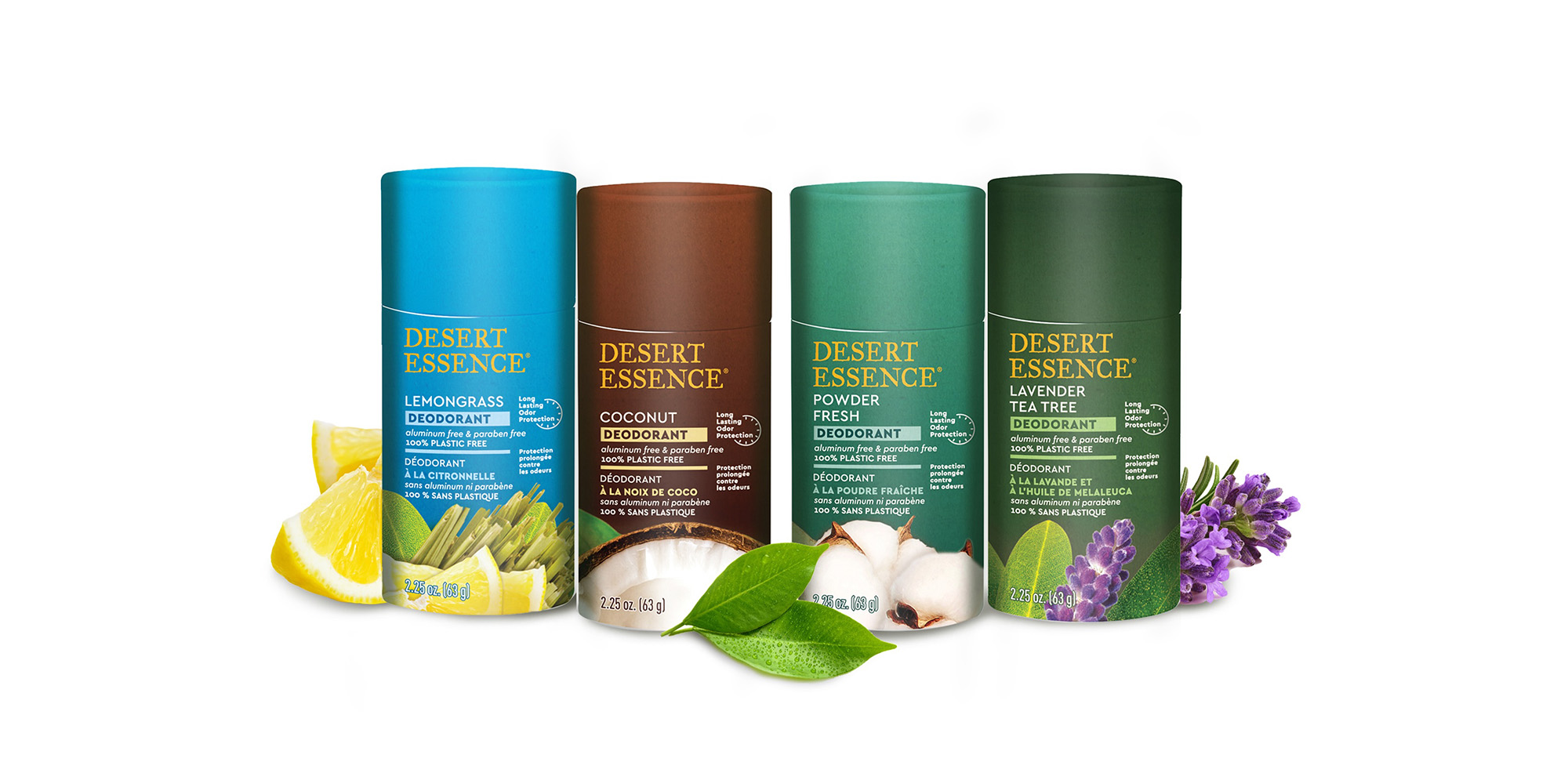
Rob Robillard Moves From HSN To Desert Essence Parent Company Country Life
After almost seven years at Qurate Retail Group, where he spent the last two as chief merchandising officer at HSN, Rob Robillard, former CEO of Sensible Organics, ICU Eyewear and Living Proof, is back leading consumer packaged goods brands at Country Life, where he’s once again assumed the CEO post.
Purchased by private equity firm Lion Equity Partners from Kikkoman Corp. in August last year, Country Life’s beauty and wellness portfolio spans three brands: supplement brand Country Life, natural personal care brand Desert Essence and protein brand Biochem. Country Life is the biggest brand, and Biochem is the smallest.
Growth at all three brands has been outpacing the market. According to wellness data company SPINS, in the natural channel over the last 52 weeks, Country Life’s sales have increased 8.8% versus a 4.7% dip in performance nutrition generally; Desert Essence’s sales have increased 8.2% versus a 1.7% bump for body care generally; and Biochem’s sales have increased 1.8% versus a 3.1% drop for protein generally.
Robillard plans to reinforce the Country Life’s strength in natural grocers while expanding its brands’ distribution beyond them, notably in Amazon. “There is no place better than the natural channel to get the information you need to make really great choices about your health, and there is no better place where those choices all meet high standards. I love that you can be welcomed at those places by people who embrace the lifestyle,” he says. “The natural channel is where ideas are generated and innovation starts and then they trickle to larger prestige and mass players.”
Beauty Independent talked to Robillard about his decision to become CEO of Country Life, the company’s acquisition strategy, significant trends in wellness, the relationship between wellness and beauty, advice he gives indie beauty brands founders, why beauty specialty retailers have struggled with supplements, what he learned at Qurate, and one thing his mentor Carol Hamilton taught him that has been a guiding principle throughout his career.
Why did you decide to take this role?
I had taken a six-year hiatus from being CEO after being CEO for a decade, and I was really excited to get back in the CEO seat. Being a chief merchant and getting a chance to work in retail was awesome, but what I realized about myself is that I love driving the vision and long-term strategy and having some level of autonomy.
Country Life is a company that’s been around for 51 years. There aren’t a lot of brands that have existed that long in this space. I’m interested in learning about the secret sauce of being able to navigate in this dynamic market for so long. There are so many opportunities to turn something around, but it’s great to jump into a CEO role with a portfolio of brands that are all working and gaining market share.
I also knew I wanted wellness and beauty. I needed to get back to my roots. It’s obviously my history and what I love, but it’s also an amazing space at the moment. The consumer changed her shopping patterns due to the pandemic, but the investment in health and wellness hasn’t changed. There is a seismic shift that is not going to go back.
And, of course, we have really talented people who are passionate about this business. It seemed like the perfect fit and time to take the plunge.
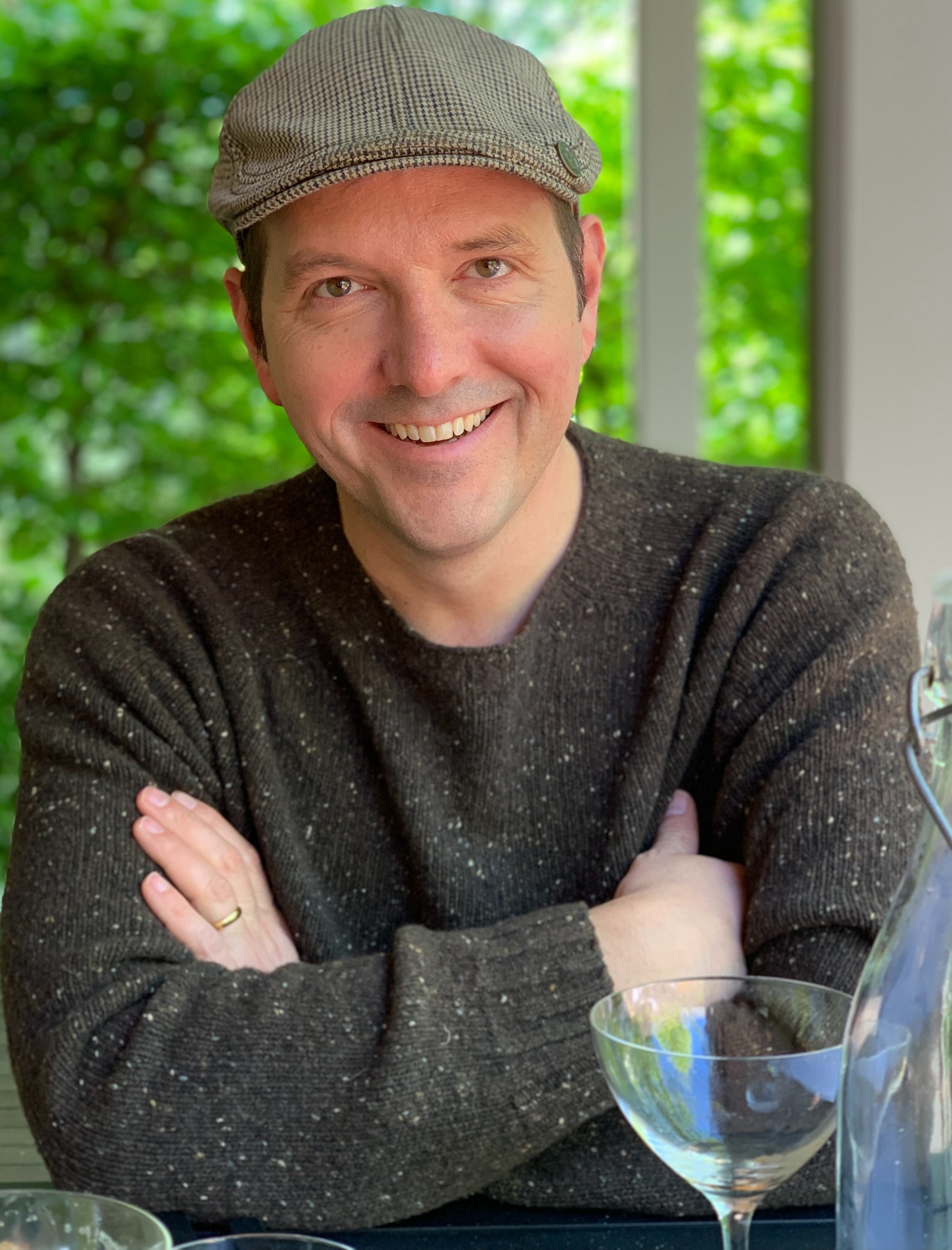
What pressure does leading a private equity-owned business put on you?
All of my previous CEO roles—Sensible Organics, ICU Eyewear and Living Proof—were at venture- and private equity-backed companies. I knew what I was getting into. It’s all about finding the right partners that you really mesh with when it comes to choosing to go into a private equity-backed company.
I have never been one that shied away from delivering results. What I like about Lion is they set really reasonable targets for me and the team for what the first year is going to be like as we are trying to create the infrastructure, processes, culture and innovation pipeline that will take the company to the next level. That is not what you would normally get with private equity. Their expectation is solid single-digit growth and improvement in profitability.
How do you achieve the growth that’s expected?
The brands have been very focused on the natural channel, so there are lots of other retail opportunities, whether it’s Amazon or mass. The plan is to also do bolt-on acquisitions that will borrow from our expertise and infrastructure to drive top-line growth.
We would love to have a portfolio of four to six brands in the next couple of years. Having been in the natural space before with Sensible Organics, I know there are a lot of brands that have gained a bit of traction, but are really struggling with what the next steps are.
On the profit side, there are opportunities to think about different channels of distribution to drive profitability and the acquisitions will be part driving additional sales and profitability. We do our own manufacturing, and we could get more efficient with production.
What consumer behavior shifts are you seeing?
We are seeing pretty significant growth in average monthly spend on the supplement side of the business relative to where it was pre-pandemic. People are really prioritizing this spend over other things. General merchandise retail sales are down, but you are actually seeing growth in supplements, so people are saying, with the tradeoffs I make, this is one place I’m going to invest.
They are expanding their portfolio of what they are buying. They may have been just taking vitamin D, but now they are building a broader portfolio of products. Condition-specific has become a bigger part of the supplement business above and beyond minerals and letter vitamins.
Why do you think beauty retailers have had a tough time with wellness?
Our business is in the natural channel. Another one of the reasons to take this job is that there are a lot of crowded spaces in the prestige channel and less going on in the natural channel. So, I think we can own this space. The store personnel are committed, and they are super energized. There is credibility there that doesn’t exist in a Sephora or Ulta.
When you walk into Sephora, there isn’t a person you talk to about your wellness. That credibility is so important in wellness because, if you don’t have it, you don’t trust people’s recommendations.
Amazon has become a huge player in the wellness space, partly for people who know what they want. It’s not a browsing space on Amazon, but there’s detailed information. In the supplements area, Sephora and Ulta have to figure out how to compete with the natural channel, which has real credibility, and Amazon, where it’s easy to get supplements. It’s hard if you’re not in those two spots.
Amazon has upped its supplement testing requirements. What do you make of that?
Everything I have studied thus far in these early days is that what matters to customers in this space is trust, authenticity and credibility. Retailers like iHerb who are competing with Amazon have made a huge commitment to quality, claims substantiation and reviews, and they have really built trust with consumers. Amazon may see that as a real threat.
In this space, if they don’t take a stronger stance, they run the risk of losing credibility with the customer. At QVC, everything on the packaging had to be substantiated with facts and clinicals, and the customer perception and reviews were really strong. People believed in the quality and efficacy of the products.
How do you view the relationship between beauty and wellness?
The trend in beauty is toward wellness, but I think wellness and beauty are different, particularly in my new seat. I’m not sure if I would describe Desert Essence, which has big oral care side, as wellness. It’s certainly self-care, but that’s always existed.
For me, wellness is the ingestible category, and categories that are very dedicated to health and making you feel better. Obviously, a lot of the beauty brands are thinking about messaging that makes consumer feel like it’s on the wellness side, but I see more divergence than I see similarities between the two.
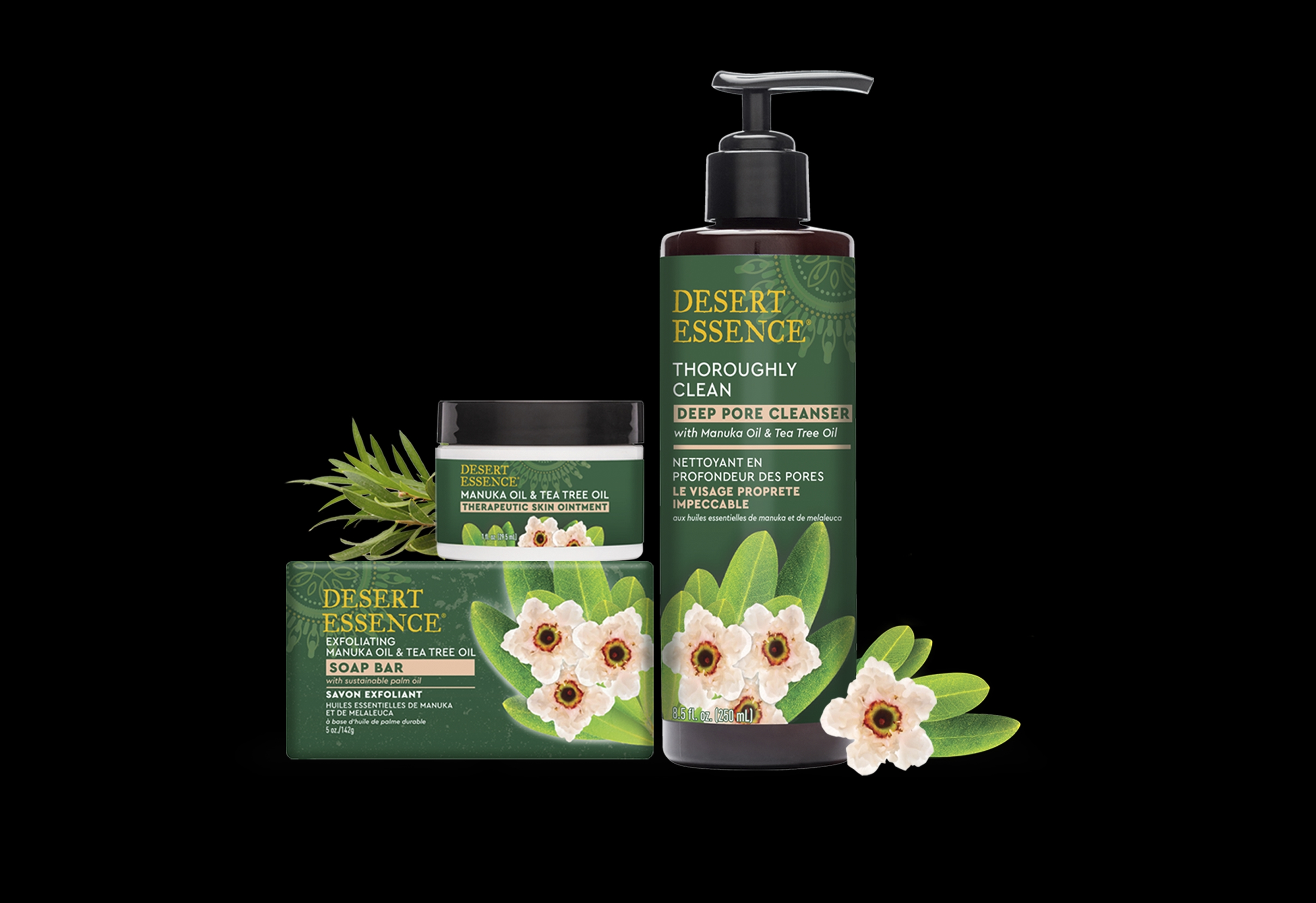
How do you go about growing Country Life’s Amazon business?
Prior to the acquisition, it wasn’t necessarily a focus for the company, and it’s a big focus for me now. Previously, we were not a direct player on Amazon. We worked with a third party. We are moving as of this month to being a direct Amazon vendor.
Step one is to control your own destiny. Amazon is a machine that needs to be learned, so we are in that process. We are not planning on going crazy there. We are trying to build it slowly but surely by learning the right content, assortment and marketing. It does represent a good pattern for us for the next couple of years.
Who’s the Country Life customer?
For all three of the brands, the core is 25 to 45. Younger consumers have more interest in natural, organic, clean, and health and wellness. I’m excited about that as the target for us, but we just launched a line called Ageless Theory, which we think is a good opportunity to target an over 45 consumer given how much money they spend. Coming from HSN I know that very well.
What are trends in the supplement space?
One of the biggest trends right now in condition-specific is weight loss. Ozempic is creating a huge flurry. The other big segments are energy, digestion and gut. Health, bone, joint, sleep and inflammation formulas are also really being. It’s like, I’m dealing with an issue, and I want to find a solution that doesn’t involve pharmaceuticals.
Women’s health overall is creating very big buzz at the moment, and that’s something we have a big focus on. The supplement business can look at little masculine, and it doesn’t always have that emotional connection that beauty does, so I’m hoping to bring that. Another trend is aging and beauty supplements. Beauty supplements are a small segment of the business overall, but a lot of people are tapping into inside-out beauty.
You mentioned aging as one area where you are expanding Country Life’s assortment. What are other areas where you want to expand your brands’ assortments?
We are looking at the gummy space. We are not very strong in it, but it’s really important to supplement consumers. At Desert Essence, we don’t really have facial care. In protein, there’s such an opportunity. We are rebranding and rethinking the entire protein strategy. We have an efficacious product that tastes great, but how do you make protein other than meat or eggs interesting?
Desert Essence has been around for a while. How do you keep it fresh?
It was bought by Country Life 25 years ago, but it was started in the 70s by an amazing founder who was studying plants in the desert. I said to my team, why don’t we tell that story? That’s a cool story.
In the natural space, I don’t want to say that innovation is less important, but the good news is that the pace of it is less important than it is at Ulta or Sephora. It gives you a chance to be focused on what you want to put out there. For us, it’s about finding places where desert-inspired ingredients can work while building adjacencies.
We just launched a completely plastic-free deodorant. We have potential in the oral care space where not that many are innovating. We have a fantastic mouthwash and toothpaste that is doing very well both for adults and children.
Do you feel sustainability is a significant motivator for purchases?
None of the packaging is really being recycled, so I think it’s about being responsible and trying to do PCR, but I don’t think the consumer gives a lot of value to that. We do have a lot of our supplements in glass, and the team here feels very strongly that that gets credit from consumers because you know you can recycle glass.
But I wouldn’t say it’s a big driver consumer overall. If you look at brands that want to own the plastic-free space, I think it’s really tough, although I love them. My new favorite brand is Grove Co.
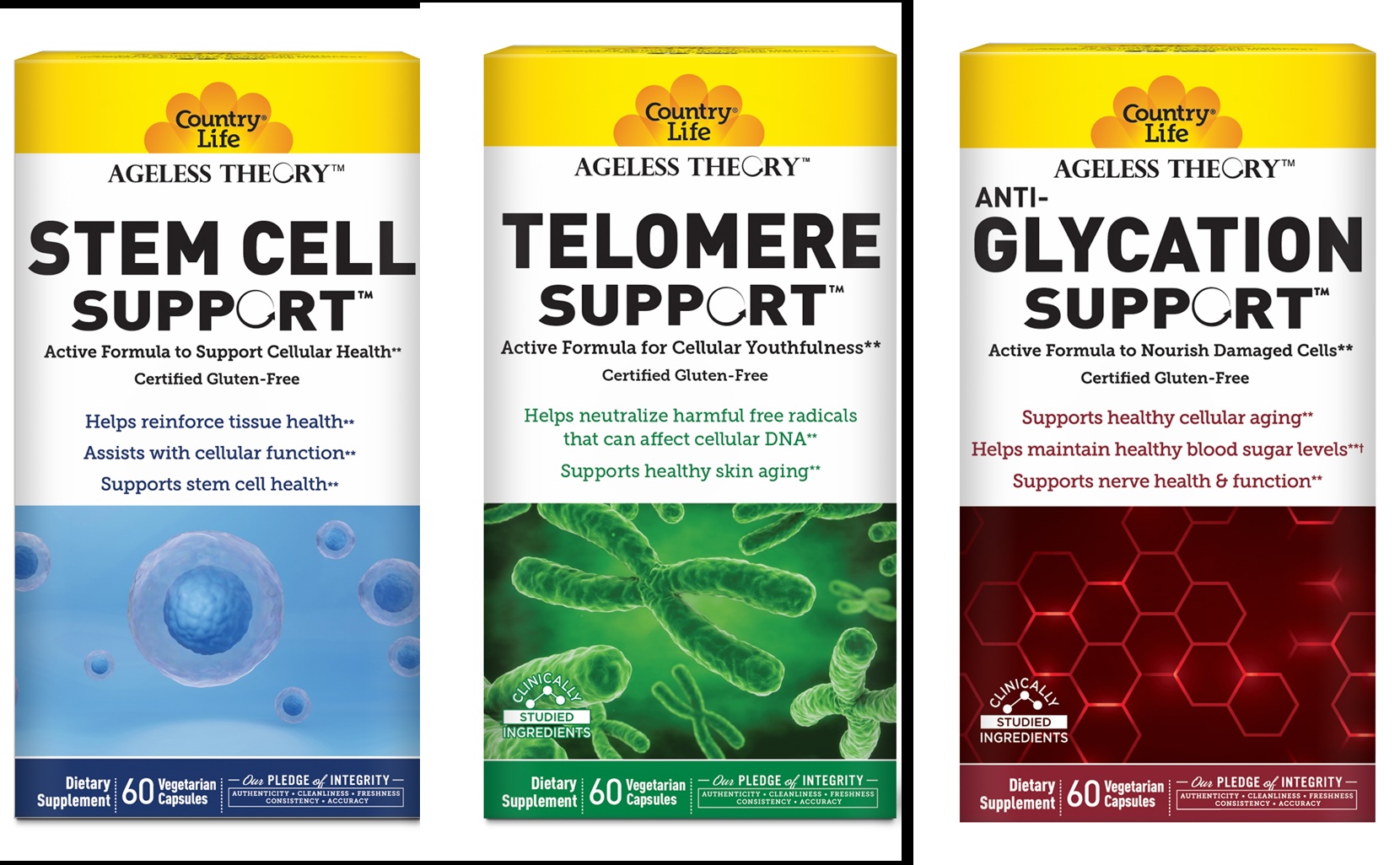
What lessons do you draw from your time at Qurate?
The biggest lesson I learned there is listening to the customer and never compromising on anything you can provide to the customer. Direct response teaches in you that in real time. You present something to a woman, and she either responds or doesn’t respond.
I got trained on the triggers that emotionally resonate with women and get her to act in that moment of time. That’s the brilliance of QVC and HSN, and what we should all be thinking about in CPG. I will never forget the need to have that trigger and finding the thing she hasn’t seen or heard before.
Prior to becoming the CEO of Living Proof, you spent almost a dozen years at L’Oréal, and Hamilton, now group president of acquisitions at L’Oréal, has been a mentor to you. What’s she taught you?
Carol and I met in November of 1997. I joined L’Oréal because of Carol, even though she wasn’t my first boss. She was in my interview at L’Oréal. I remember walking into her office for the first time, and she had this beautiful marble table with these fabulous fuchsia chairs, and her personality just popped. From that moment, I wanted to work for her so badly.
We have stayed connected. We talk at least once a month. The one thing that Carol taught me through my career at L’Oréal is that you never, never compromise on an idea that you have deep conviction for. You have to fight for it, and you have to think about how to get it over the finish line. She is tenacious with her ideas.
I take that to every job. So often people get frustrated or beaten down. Why do I go into private equity? I know it can be tough, but I have belief in my convictions. From Carol’s mentorship, I am able to figure how to get my ideas over the finish line.
You have also mentored others as part of Ulta Beauty’s Muse Accelerator program for BIPOC brands and Black Ambition, the competition started by Pharrell Williams to support Black and Latinx founders. What advice do you give beauty startups?
I encourage them to really think about their strategy. Most of them have happened upon an idea that they were really excited about, and they’ve started a website. For the Black Ambition program, you need to have a good amount of revenue, so they have traction in DTC, but they may not know where to go from there. They are often casting wide nets: Should I go to Ulta? Should I be in Target? Should I go international?
I encourage them to think, what is the distribution strategy, and how can you support that economically? What is your marketing strategy to build the customer base you need? What’s your social strategy? Every retailer will ask you about that. Once they think about the long haul, it really helps them thing about where they need to focus to be the most successful.
You work at Country Life, and you live the country life, right?
My husband and I always wanted to live on a farm, and we decided, if we were going to do it, we should do it now since we are getting older. We live on a 50-acre farm in Chester County, Pennsylvania.
Chester County has over 5,000 acres that was owned by King Ranch as a grazing area. They were going to sell it to developers and build more subdivisions—a lot of Chester County is subdivisions—but a group of people purchased the land, divided it into 50 parcels and put huge easements on it. I live on a horse farm. We have 21 animals now, and we have the ability to ride our horses through the 5,000 acres. It’s really a magical place.
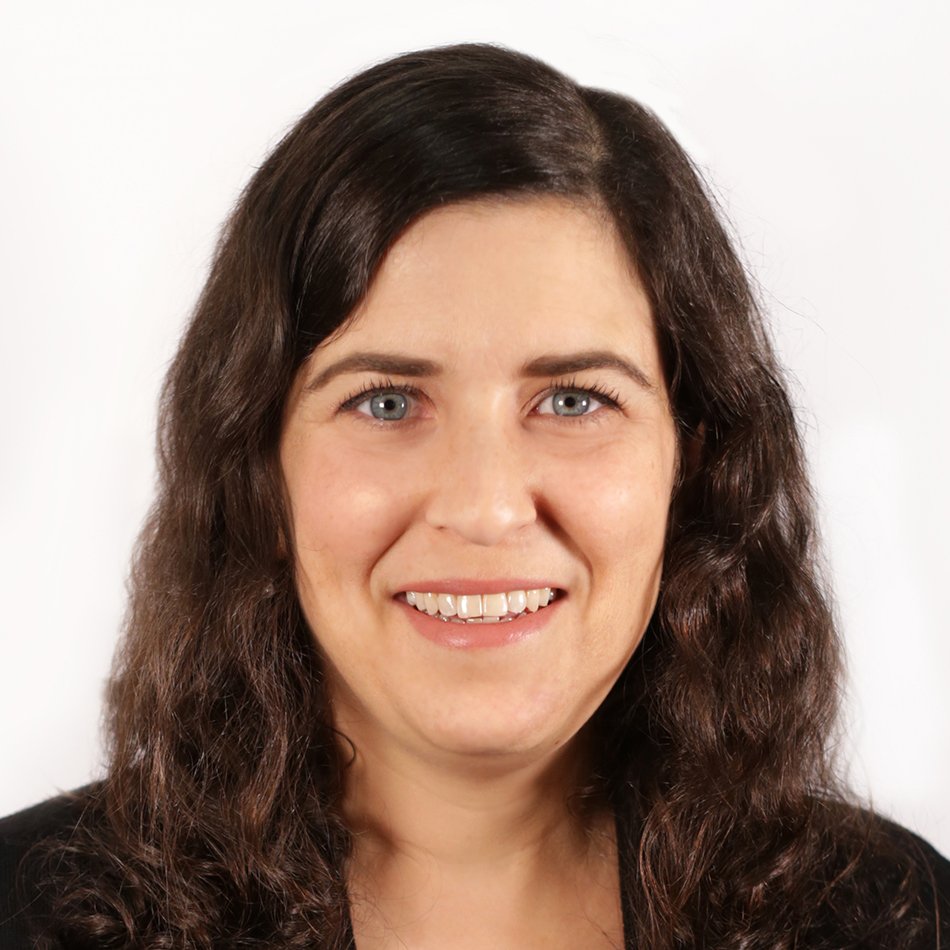

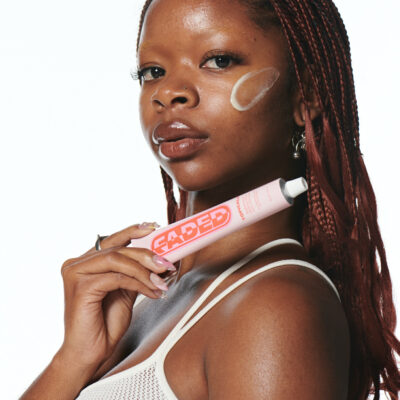
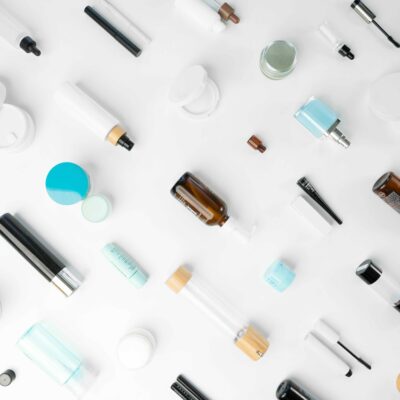
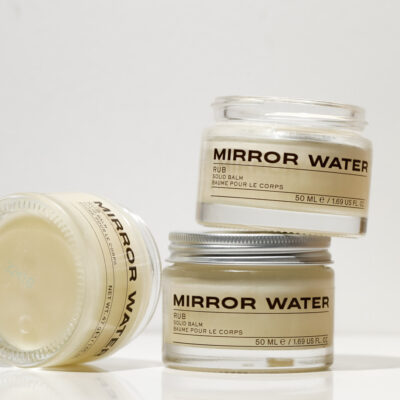
Leave a Reply
You must be logged in to post a comment.